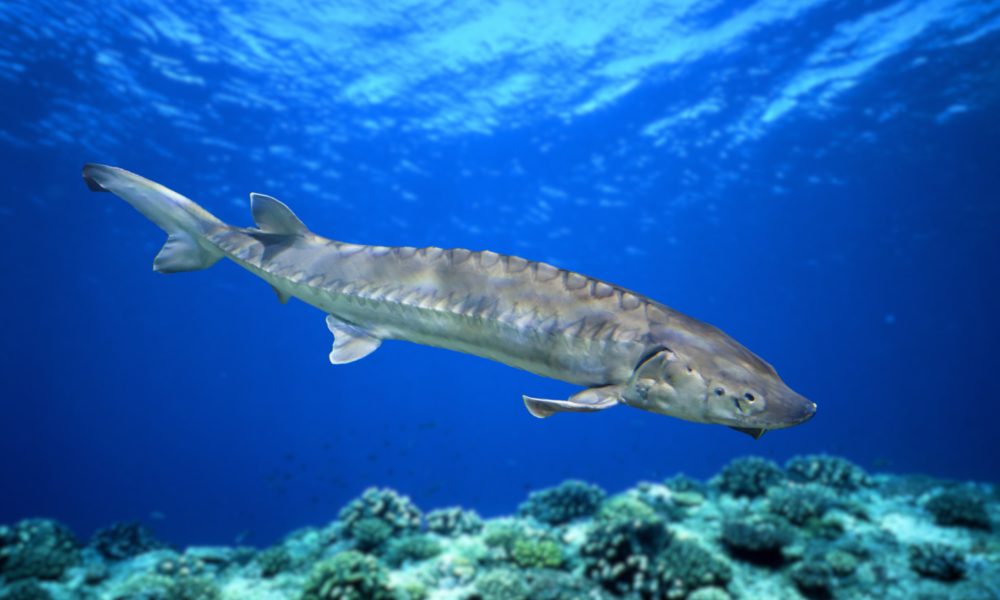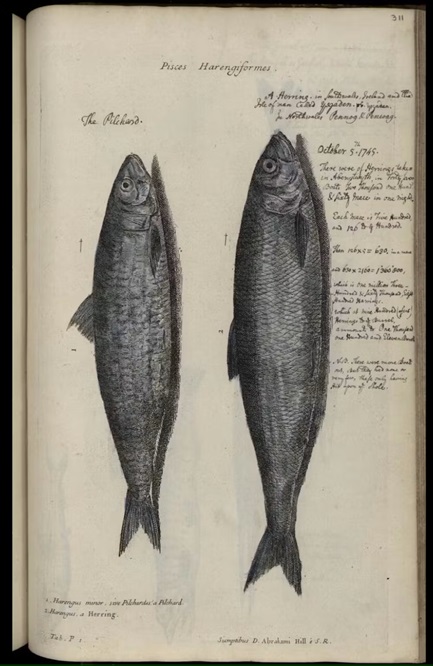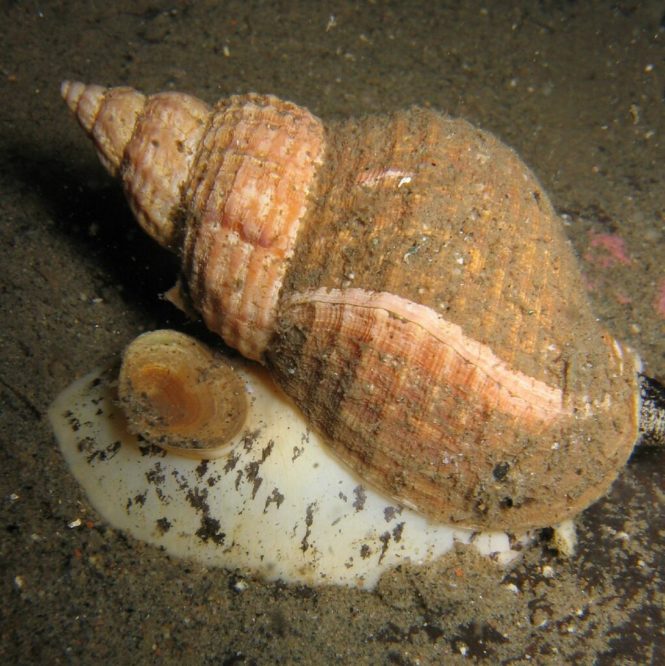Centuries-old written records show the seas around Wales once teemed with life

Alec Moore, Lecturer in Marine Top Predator Conservation, Bangor University
Picture the nature documentary scene. Vast schools of baitfish “miles long” being pursued by “thousands of seabirds”, “great shoals” of dolphins and porpoises, sharks and cod. Huge fish the size of a tree trunk (sturgeon) or a garage door (skate) cruise above the seabed. Catches of fish so big that boats nearly capsize, and the surplus is used to manure local fields.
Where do you think this might be? A remote and pristine corner of Canada, or Alaska perhaps?
Try Wales, where I live and work as a marine scientist. Specifically north Wales, on Liverpool’s doorstep and just across the Irish Sea from Dublin.
The above are some of the more spectacular scenes you might have expected to see here – in the past. Someone in their 80s or 90s today might just about remember witnessing a huge herring catch, or a sturgeon on the fishmonger’s slab, when they were a child.
Yet with the inevitable passing of our elders, we lose our living memory and first-hand experience of abundance like this. We tend to accept as “normal” only what we have seen or experienced in our own lifetime. This can result in the dangerous shifting baseline syndrome where people have ever-lower expectations, in this case of ocean health.
Historical detective work
Systematic “long-term” fish surveys in the northeast Atlantic only began around the 1980s, yet we know that people have been fundamentally affecting fish stocks since at least Viking times. This leaves a gap of many centuries where we know little about how fish populations have changed.
The academic field of marine historical ecology seeks to address this gap in our knowledge by drawing on a wide range of sources, from old photographs to fish bones from archaeological digs, or written accounts of fish and the fishing industry by medieval tax collectors, 18th-century naturalists or Victorian newspaper reporters.
Colleagues and I drew on these written sources for our recently published research examining changes in Welsh waters over a scale of several centuries, up to the modern day. These descriptive, qualitative sources are often overlooked by marine scientists.
Together, they revealed a staggering loss. Shoals of herring supported an important fishery since the Middle Ages. This has disappeared now. Rich fisheries existed for a wide range of species including cod, turbot, sole, plaice and skate. This contrasts sharply with what is left here today – fishers rely almost exclusively on a handful of shellfish species.

This kind of historical detective work is time-consuming, but it can lead to wonderful surprises. I can clearly remember sitting in a gloomy home office and finding – by accident – a digitised copy of one of the first ever books on fish (Historia piscium, 1686). This work is a marvel in itself (and even inspired a Horrible Histories sketch) but the real value for my research was that its 18th-century Welsh owner had scribbled extensive notes in the margins, based on his local fishy observations.
For instance, thanks to those margin notes we know that more than a million herring were caught in a single night near Aberystwyth, while angelsharks – a flattened ambush predator – were “in plenty” in Cardigan Bay back then. Today the angelsharks have all but disappeared, with a sighting of a single individual a cause for celebration.
Extinction on our doorstep
Say “extinct” and most people might think of dinosaurs or dodos. But extinctions may have been happening for a long time in your own backyard, if not so spectacularly. In this case, once-abundant species can become commercially extinct, where it is no longer viable to fish for them. Some species may become regionally extinct – disappearing completely from an area, like large skates did from the Irish Sea.
Once aquatic species have gone, people rapidly forget they were there, even if they were large and distinctive. This shifting baseline has happened here in Wales.
As one example, sturgeon up to 9ft long used to be caught in Wales. Nowadays, you won’t find them at all in a guidebook on Welsh fish – just as the dodo might be missing from a book on the birds of Mauritius. Species have become extinct under our nose, and we’ve forgotten they were ever there in the first place.
Looking back to look forward
How can this doomy picture help today’s seas?
We are now in the UN Decade of Ecosystem Restoration, but you can’t restore something until you know what it was like in the past. Even if full restoration to a time before human impacts is an impossibility, our research reveals the possibilities of a less degraded ecosystem.

When we zoom out and see the big picture, some of the most important fisheries in Wales today are historically very young – those for whelk (a snail) and bass (the sea bass of TV chefs) only took off in the 1980s and 1990s, for example.
Yet both have already felt the effects of overfishing, and climate change may make things worse. Will whelk and bass fisheries still be here in a hundred years’ time? Based on our evidence, it is plausible they may not be.
Local fishers from history would have likely laughed at us if we told them that one day there would be no herring, or cod, or skate – but this is what has happened.
We ignore the past at our peril.
This article was first published on The Conversation
![]()
Support our Nation today
For the price of a cup of coffee a month you can help us create an independent, not-for-profit, national news service for the people of Wales, by the people of Wales.






They had to close the Grand Banks for 22 years to get a recovery in stocks of fished-our cod. Does anyone know what Welsh Government policy is on what Alec Moore is saying?